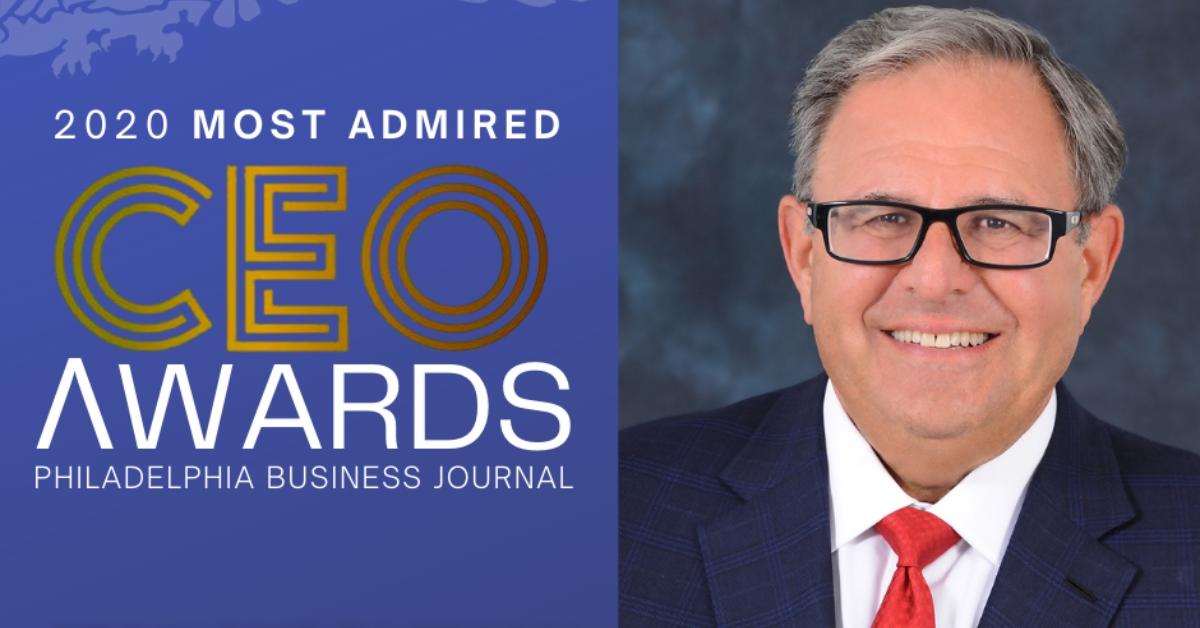
Fixed costs, competition, and variety: How intermediary chains affect price and variety Our detailed transaction data point to relationships between firm size, fixed versus variable cost trade-offs, and markups that are related to the structure of the chain itself. Firms that sell wholesale pay lower prices to their own suppliers, and charge lower markups to their customers, compared to those who sell retail.Firms that buy from wholesalers pay higher prices, but face lower “fixed costs” of trade-things like travel costs or fees paid at the port.Small firms are more likely to buy from wholesalers rather than manufacturers.We also find that resale transactions vary systematically along this chain, in ways that are likely to be important for consumers. Thus, Nigerian consumers are served by multi-intermediary chains, with at least two or three independent intermediaries between a foreign producer and a domestic consumer.įigure 1 Sources of Lagos traders’ domestic sales

Their customers come from all over Nigeria (Figure 1), consistent with Lagos' role as the commercial capital of the country. The majority of their sales are wholesale, meaning that they sell to businesses that in turn resell the goods, rather than to final consumers. Almost two-thirds of their international suppliers are wholesalers rather than manufacturers. Strikingly, these traders are just one link in the middle of longer chains that carry goods to consumers throughout Nigeria.

In spite of their small scale, many source globally about half import directly, on average buying US $60,000 per year in stock to resell. These businesses buy and resell goods like apparel and electronics, and typically have only one outlet and one employee. Through a project called the Lagos Trader Survey (LTS), we have followed over a thousand wholesale and retail businesses in Lagos, Nigeria since 2013. Wholesale and retail trade accounts for as much as a quarter of employment in Nigeria, mostly in small-scale informal enterprises-some estimates suggest that 98% of spending on consumer packaged goods goes through small traditional outlets (Nielsen 2015). Photo credit: Sunday Alamba Documenting intermediation chains in Nigeria Is cutting out middlemen likely to help or harm consumers? To answer this question, we first need to know what distribution chains look like in practice, and why.Ī wholesale trader in Lagos, Nigeria. The same goal of cutting out middlemen often motivates new business models or technologies meant to help producers and consumers connect more directly, such as platforms that link farmers to major markets (Bergquist, McIntosh and Startz 2021), or retailers to producers (Iacovone and McKenzie 2019). One example is India’s mandis, a system of regulated agricultural marketplaces that has historically restricted where traders can buy and sell agricultural goods (Chatterjee and Mahajan 2021).

This has often led to political backlash against middlemen, and to policies that restrict their activities. There is a common belief that middlemen use their market power to earn profits without providing much value-added. Understanding intermediation chains is therefore key to understanding prices and product availability in different locations, and how consumers in those places stand to gain from globalisation and trade. How do chains of sequential resale transactions affect consumers? At each step, costs are incurred and markups may be charged. How do intermediation chains matter for consumers?

In our research, we show that distribution often involves a whole “chain” of intermediaries who buy and resell goods ( Grant and Startz 2022). A vendor selling shoes in a small town in Nigeria is unlikely to source them directly from the manufacturer in southern China, but rather might buy from a wholesaler, who sources from an importer, and so on. In fact, goods may pass through the hands of multiple intermediaries on their way to consumers. Wholesale and retail trade accounts for a large share of global economic activity all over the world (Lagakos 2016). Most of us, however, are more likely to buy from a business that is reselling a product – whether that is Walmart, a local corner store, or a hawker on the side of the road – than from the business that originally made it. How do goods made in one place reach consumers in another? Research on international trade often makes the simplifying assumption that producers sell directly to consumers all over the world.


 0 kommentar(er)
0 kommentar(er)
